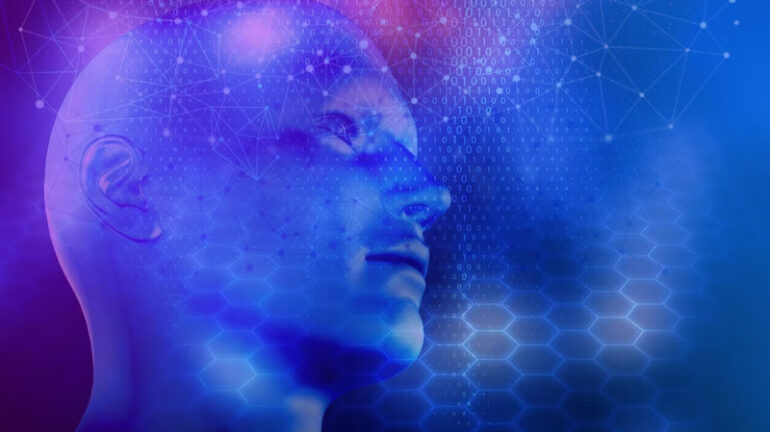
Web 3.0 has become a beacon of hope for protecting data privacy and redefining user control and ownership over personal information at a time when data is praised as the new oil. The decentralised internet, or Web 3.0, aims to challenge the traditional notions of data ownership that dominate in the Web 2.0 environment. This paradigm shift results from the fundamental idea of putting consumers in control and enabling them to manage their data in a safe and open way.
Breaches of data and privacy violations have increased dramatically with the advent of Web 2.0, which is characterised by social media domination and data centralization. Users turned into unwitting data sources, with companies and platforms controlling their data. In contrast, Web 3.0 leverages decentralized technologies, primarily blockchain, to distribute data across a network of nodes, ensuring that users retain ownership and control over their data.
A key component of Web 3.0, blockchain depends on the decentralisation principle to make data visible and unchangeable. The user retains ownership of any personal data kept on a blockchain, and any access or modification requires the user’s express permission, enhancing data security and privacy.
A key element of Web 3.0 is Decentralised Identity (DID), which gives consumers authority over their identity-related data. Users can choose whatever parts of their identity to publish without disclosing all of their personal information, limiting exposure and potential abuse.
Secure data exchange is made possible within Web 3.0 by smart contracts, self-executing agreements with the terms of the contract put into code. Users can specify the circumstances in which their data can be accessed or used, ensuring that their data is only used in the ways they intend.
Users can regain control over their data by embracing Web 3.0 and choosing who has access to it, how long they have access to it, and for what reasons. A more trustworthy and in charge feeling is fostered by this redefining of data ownership, resulting in a more fair and open online environment.
However, problems still exist. It is still essential to educate users about the complexities of Web 3.0 and decentralised technology. The Web 3.0 community is aggressively addressing the challenges of assuring scalability and smooth integration into current systems.
With its focus on data privacy, ownership, and control, Web 3.0 ushers in a new era in which users are active participants rather than only passive recipients of data. Web 3.0 is transforming the digital world by embracing decentralisation and blockchain technology, putting people at the forefront of data governance, and advocating for a more secure internet.